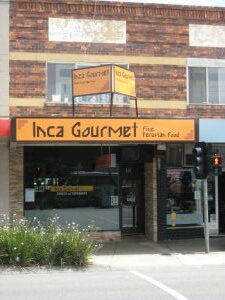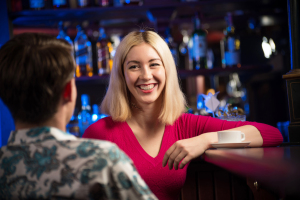18 Nov Liquor Licence Case Study: Inca Gourmet Chelsea
What many restaurants, cafes and other eateries that want to serve alcohol on their premises don’t know is that obtaining a liquor licence is a two-step process. First, they need to get a planning permit from the Council before applying for a liquor licence from the State Government. One of my clients, Inca Gourmet in Chelsea is one of them.

Proprietor Vanessa Vucetich had ideas to open Inca Gourmet as a Peruvian style restaurant. She also wanted to serve alcohol. To do this, they needed a planning report written up and sent to Council with their planning application.
The planning report is a document that shows the Council what the business intends to trade, a statement on how it fits in with other traders in the area, and how it conforms to the Council’s existing planning controls.
Vanessa came to me because she didn’t know much about the process, let alone there was another step involved when it comes to liquor licencing.
“I didn’t know much about this process,” Vanessa said. “I knew that I needed a [liquor] licence, I knew there was that requirement, but I wasn’t really sure. Melanie showed me the steps, the information I needed to give her and all of those sorts of things.”
She found that some of the language she needed for the report was highly specialised and was at times difficult to understand. “I asked a lot of people to help me with the licence,” Vanessa said. “But getting someone who knew what they were doing was very helpful.”

Business owners have a lot on their plates when they’re setting up a café or restaurant that also wants to serve alcohol. They have to think about building schedules, finding staff and beginning marketing before they open their doors. By getting help with their liquor licence planning application, that is one less thing for them to do. Also, getting assistance from a professional may shorten the time taken to getting a planning permit and therefore the liquor licence from the Victorian Commission for Gambling and Liquor Regulation.
“It’s better to go to people who know these things to give you the information,” Vanessa said.

